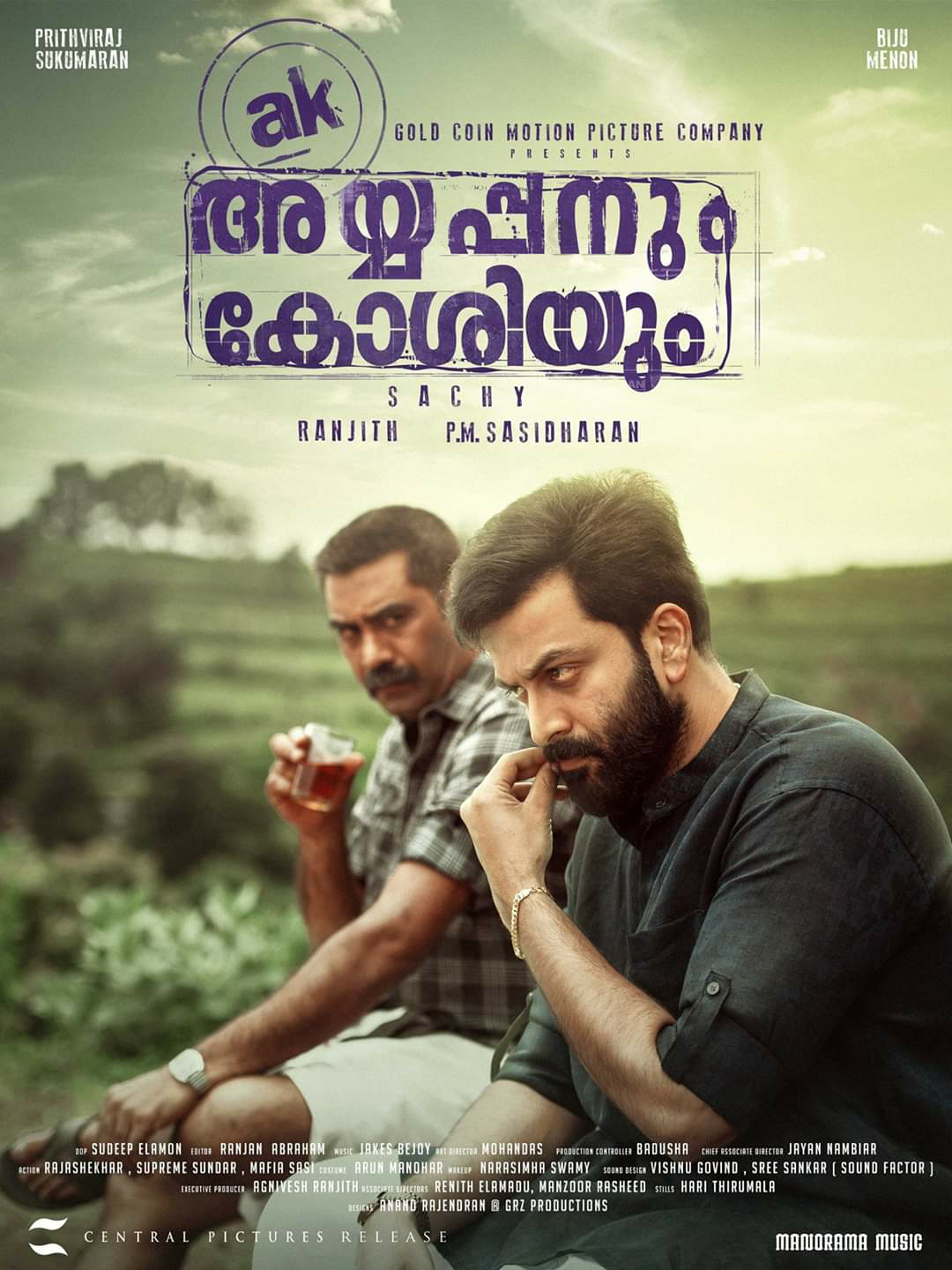Predominantly set in a village in Kannur district with occasional detours to Russia, this sci-fi film lies on the less-explored side of the genre – a grounded, humane and plausible look at whether AI has the potential to replace/be a loved one. Suraj plays Bhaskaran, a grumpy, conservative, tech-averse octogenarian who never gets along with anyone, his own son included, and is not above tricking his son into quitting his many hard-earned jobs just to have him by his side all the time. Soubin plays the disillusioned, yet loving son Subramanian alias Chuppan, torn between his duty as a son and his aspiration. The film begins showing the rather strained relationship between the father and son and subtly changes gears once the latter gets employed in a Russian tech firm and brings home the titular Android during a brief vacation, after many a caretaker calls it quits trying hard to deal with the old man. Naturally, Bhaskaran - who doesn't have even a TV - resents the robot at the first sight, but then gradually warms up to it, thanks to its unconditional loyalty and care. His conservative worldview too starts giving way to rationality, thanks to the machine's consistent learning and supply of wisdom. The bot becomes a favorite among the village folks too, and they start calling it Kunjappan. However,
Things start going out of hand as Bhaskaran stops caring about his son - to the point that he declares "Kunjappan" as his own son to Chuppan - and starts pursuing an old flame... on Facebook with a fake ID.
Though the plot primarily revolves around the father-son-android relationship dynamics, there are many other characters the film touches upon - like Chuppan's Mallu-Jap girlfriend Hitomi (Kendy Zirdo), his hilariously naïve cousin Prasannan (Saiju Kurup) and an eclectic bevy of villagers who keep commenting on the goings-on. However, the film goes a bit off track whenever Bhaskaran is on his online pursuit for Saudamini, his ex-flame,
and the final moments do feel a bit rushed. But then again, Suraj shines brightest during those very same moments.
Marked only by a few duds like the Hulk-ripoff Athisayan, the sci-fi genre has never been quite a prolific one in Malayalam cinema. It's in this space, that director Ratheesh Poduval has arrived with his debut feature. Along with exploring the key man-bot relationship, the film is also interested in providing sociopolitical commentary, mainly in the form of the robot's innocent, yet witty and sharp statements (the one about Prasannan's "existence" is a riot). It's also heartening that the film's focus is mainly on the emotional aspects and the humor that arises from having a very advanced robot placed in a very rural atmosphere. Coming to the performances, Suraj reigns over the whole show in his career-best role, making even his co-lead Soubin look like an extended cameo. Not even once would one get the feeling that Bhaskaran is actually being played by an actor in his early forties. That said, Soubin is excellent as Subramanian, the intelligent son who is desperate to make his mark and later, the accomplished son, now desperate to bring his dad back to the real world. His numerous emotional breakdowns are relatable and key to the story being told. The Anurachal-based actress Kendy Zirdo is lovable as Hitomi, who stays by Chuppan's side and provides him emotional support throughout. And yes, the film employs sync sound, so all the her Malayalam lines are the ones painstakingly learnt and admirably delivered by herself. The Mr. Bean of Mollywood, Saiju is both funny and endearing as Prasannan, as are the village folks who are always ready with a one-liner for any situation. The lady who plays one of Bhaskaran's caretakers - post Chuppan's departure to Russia - is a hoot, with her addiction to TV serials (which she watches on her phone) and her banter with the old man. And last but not the least, the Android itself is a fascinating character - realized with the aid of animatronics and the short-statured actor Sooraj with VFX only used for the displays - that wins the audience's hearts too, along with Bhaskaran's over the course of the film. The cinematography and editing are deliberately slow-paced, and songs and score gel well with the narrative without sticking out even once.
All said, Android Kunjappan Ver. 5.25 has definitely made an impact in the industry in terms of quality and BO performance, and more importantly, the benchmark has been set for the often dormant sci-fi genre here.
.













